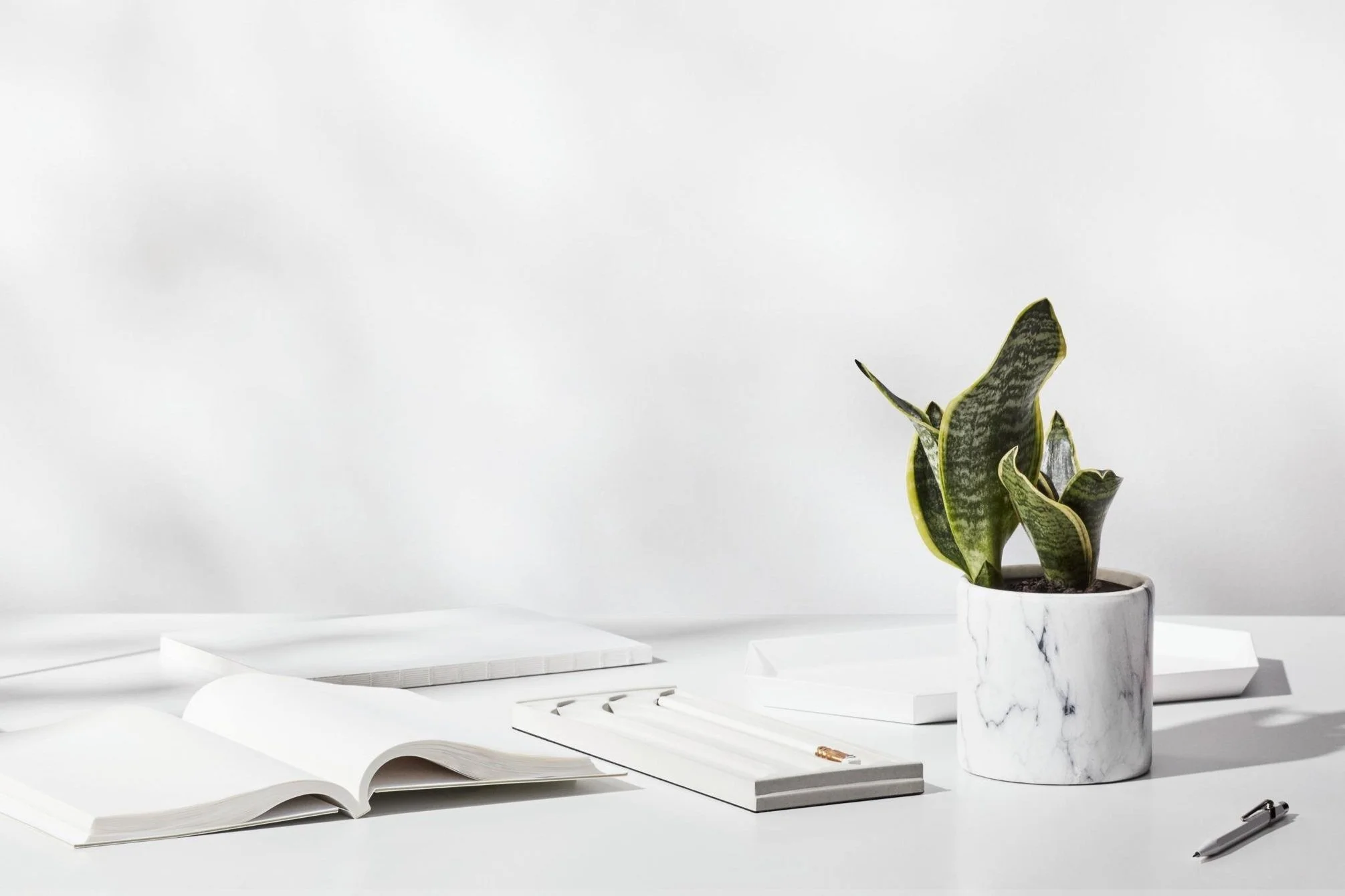
Skills
Leveraging the built environment to capture surprising insight from the familiar and mundane.
Our workshops reflect the RISD model of design education by beginning with a series of foundational exercises to establish new techniques for observation, description, and communication, and are followed by a series of customized design briefs that challenge participants to bring those techniques to life.
Observation
In order to make informed design decisions about the built environment, we must be careful and rigorous observers. Through exercises and projects, participants in our workshop learn to leverage their surroundings, and make choices about what to observe, in order to discover new possibilities, even in the most challenging or unremarkable circumstances, for any project or client.
Discovery
Market data, analysis, and consumer insights only go so far when your goal is create paradigm shifting outcomes. After all, data can only describe the past. Our programs deliver methods for exploring the material world as a means of accessing and leveraging the unknown/unknown. Where others repackage existing insights, or wildly roam around new territory. we build structured, replicable approaches to discovery.
Description
With a well honed ability to observe comes the challenge to describe what one is observing. Intentionally switching between physical properties and abstract ideas, we describe qualities of the built environment resulting in expansive collections of new knowledge and insight.
Collaboration
Where other programs rely on imagination and abstraction to work across differences, our methods leverage subjective points of view in the creative process. Mining for the thoughts and experiences we all bring to the table surfaces more sophisticated research questions, and reframed opportunity statements that surprise and delight teams, clients ,and customers.
Communication
Once an abundance of insights have been collected, communication across differences in worlds and world views deepens and broadens insights, and maximizes the potential for navigating the unknown.
Making and Reflection
Aggressive timelines yield results but without abductive reasoning(describing conclusions from observations/inference; think Wordle) innovation opportunities can be missed. Whereas other design thinking processes follow a formula, our programs induce a cadence that both stabilizes knowledge through making and expands it by reflecting
Documentation
Creating artefacts of observation, description, and communication allows designers to engage in a recurring sequence of acting and reflecting over time. The ability to trace the course of insight enables engagement with outside eyes, allowing work to benefit from the rapid development made possible during design critique.
Creation
At RISD we make things early and we make them often. From the jigs that produce new knowledge, the diagrams that synthesize insight, the multimedia visualizations that invite participatory engagement, to the low and high resolution prototypes that bring ideas to life, our participants find a renewed appreciation for what their hands can do when linked up to sharpened minds.
Analysis
Pattern recognition across micro, mezzo, and macro scales produces polyvalent insights that break the model of linear thinking. Whereas novice designers become attached to a single vision, our programs develop systems thinking and the ability to leap and pivot around an expansive and dynamic idea space.
Critique
Where other fields may present their work publicly in order to convince audiences, a RISD-trained designer makes things in order to spark a response, and knows how to listen deeply to that response. That response is a clue about how the world will react to their ideas. From probes, to prototypes to products, our methods develop new approaches to audience engagement, making to discover, and providing rigorous responses to colleagues and collaborators.
Ideation
Our studios prioritize vision and opportunity over solutions. Strong logics are more valuable than narrowly-framed solutions in complex problem environments. Our program develops your team's capacity to advance from a tactic driven idea to a strategy driven idea.
Intervention
We break the linear paradigm of problem/solution with applied systems thinking. lf design is practiced as a series of interventions that bring a vision to life, any budget, any opportunity, any scale, can be a powerful intervention if it's designed well. Interventions are the culmination of all our seeing, describing, critiquing and making efforts












